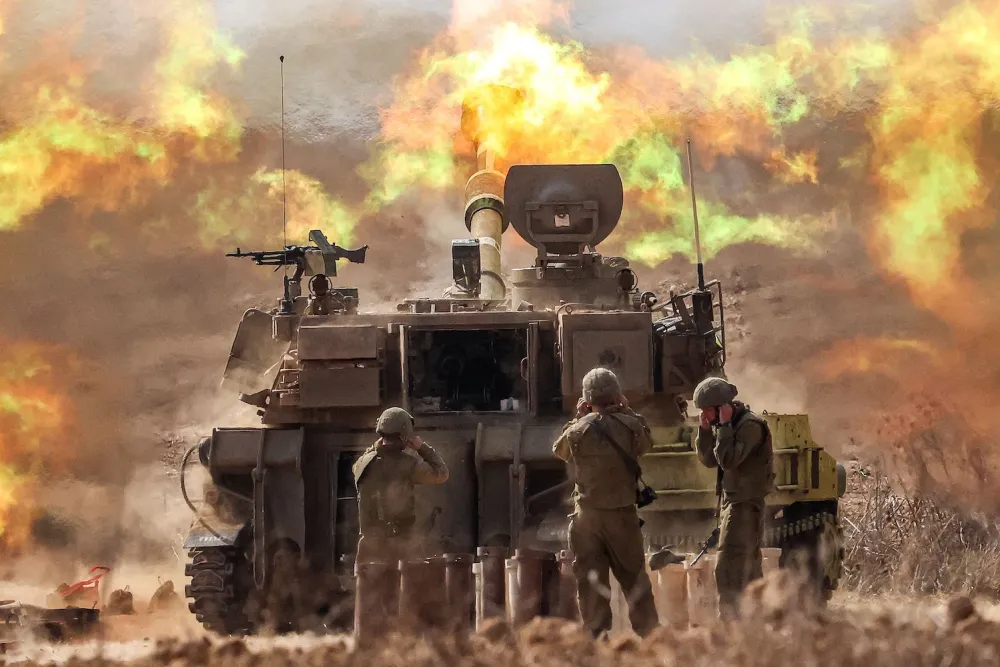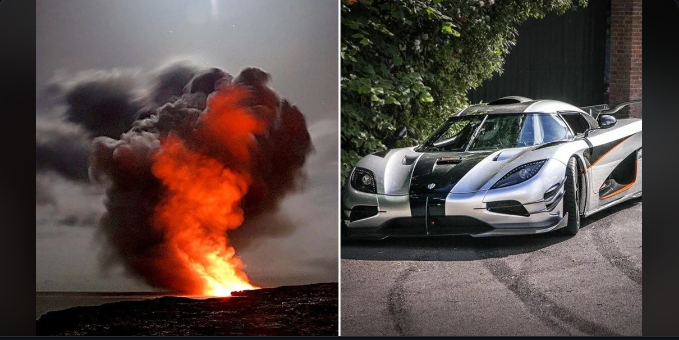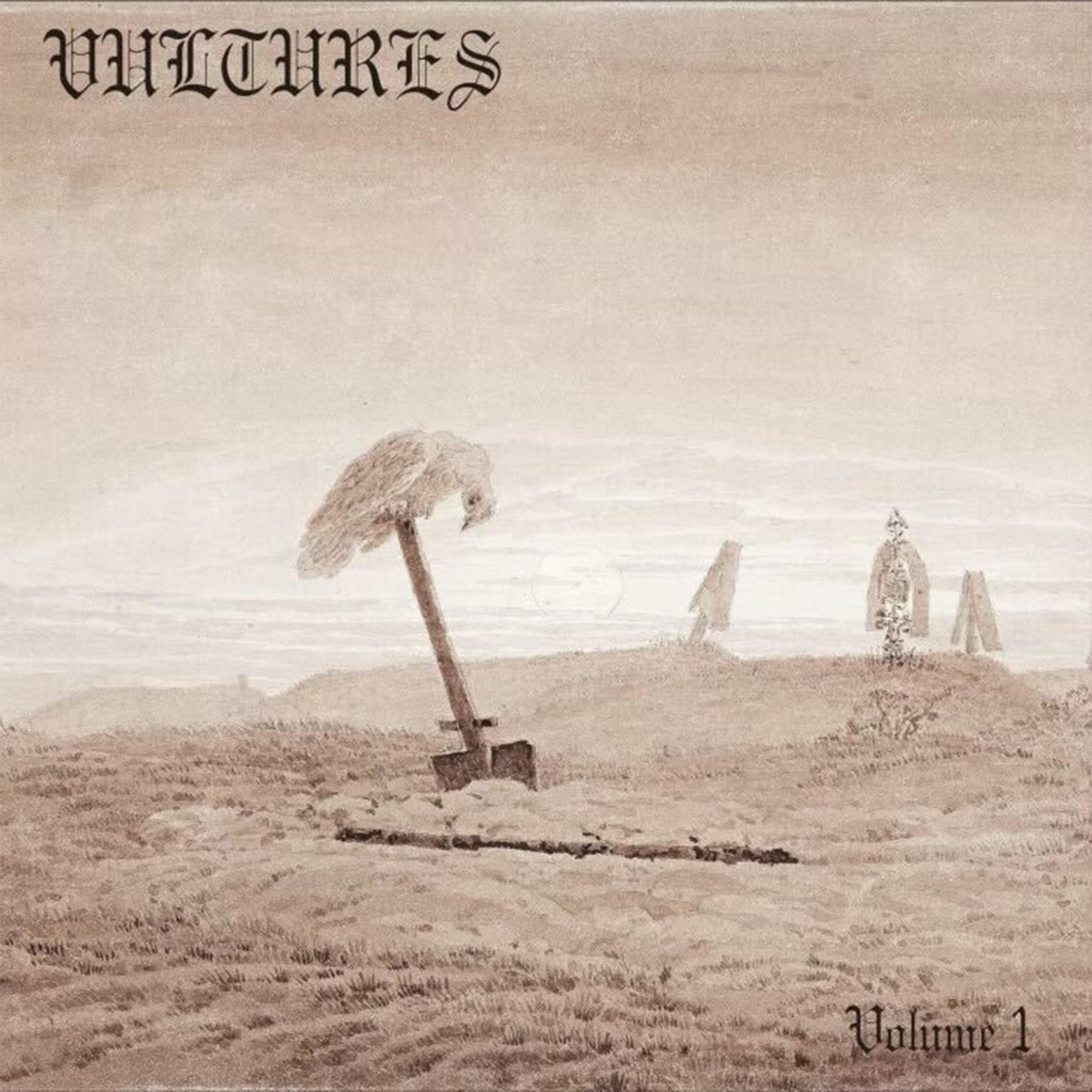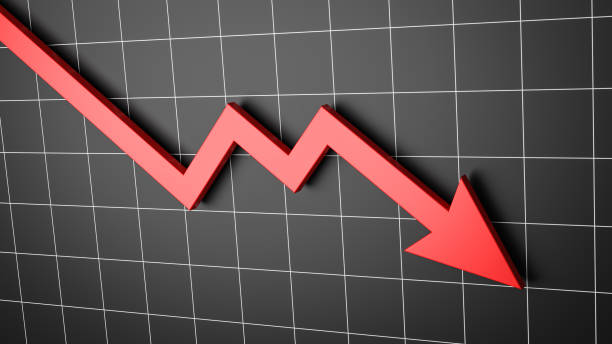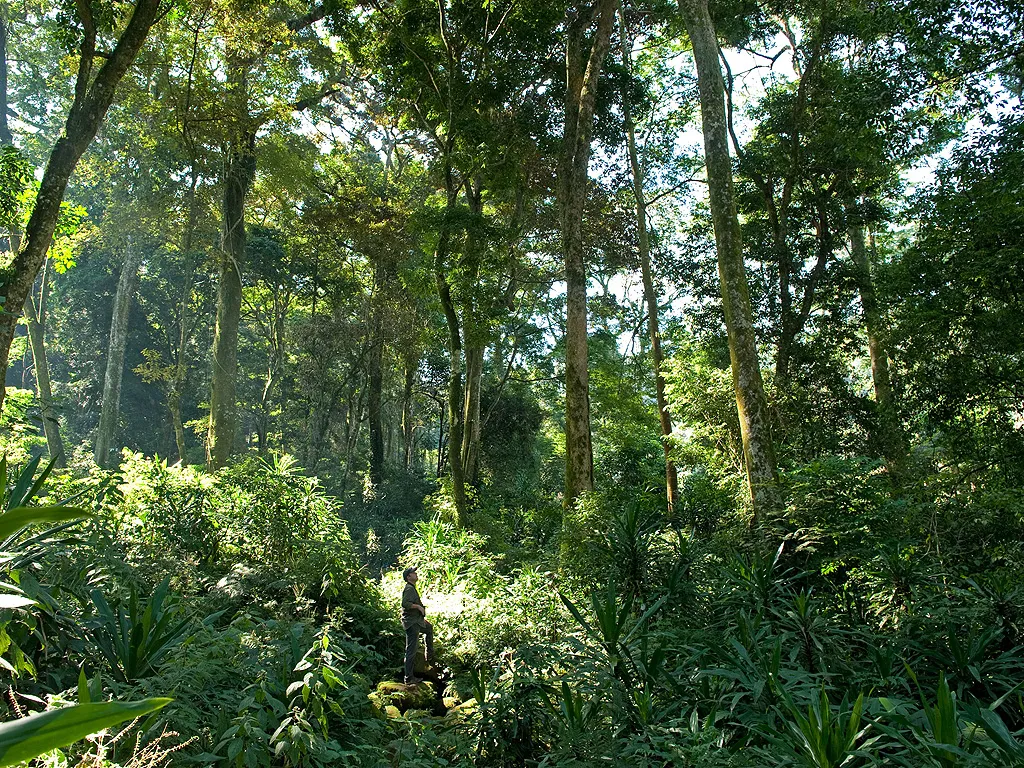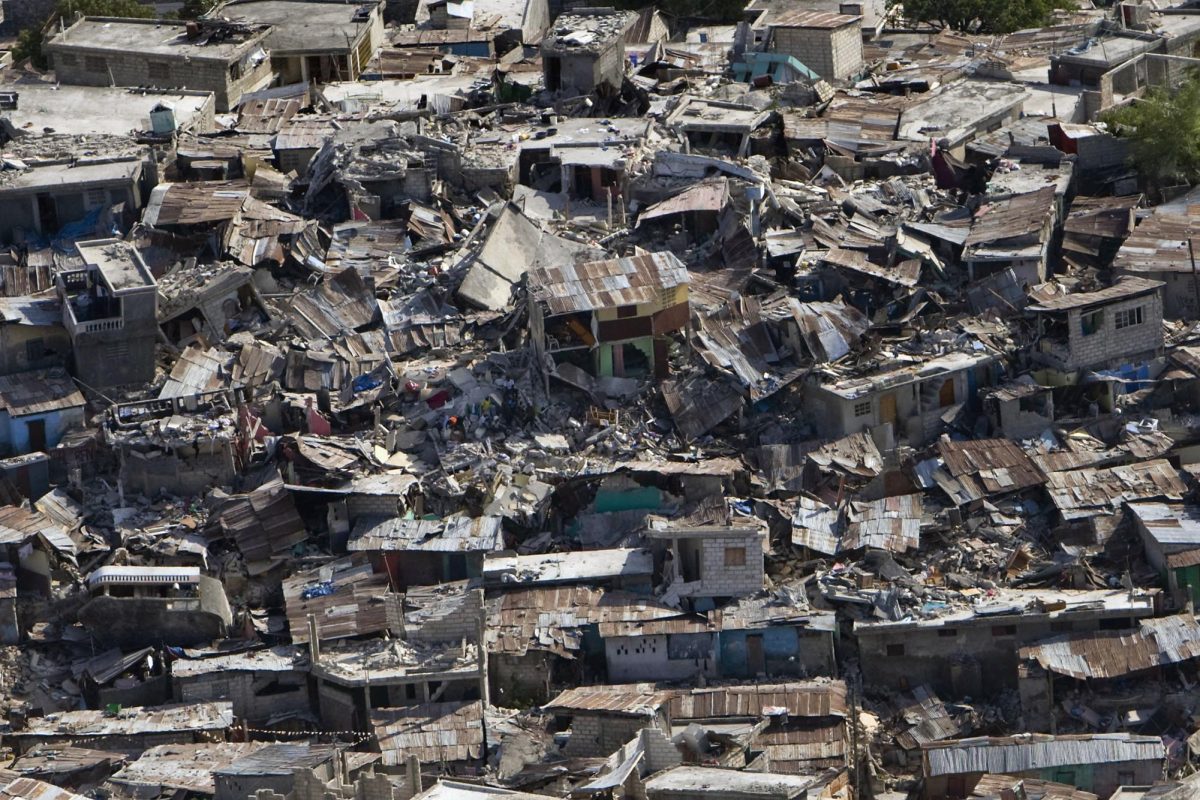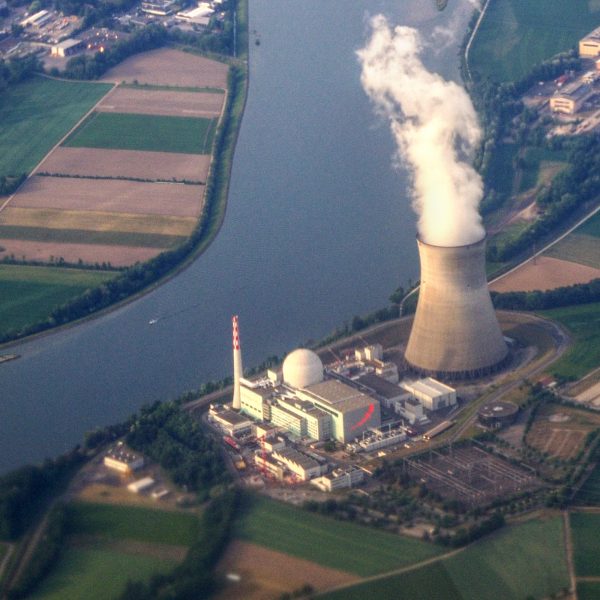
The source of great energy, nuclear power has been controversial for decades. Its ability to generate sufficient energy has been praised, while the associated risks and environmental concerns have been hotly debated This article begins a comprehensive review with a comprehensive look at nuclear energy quality and problems , exploring its many facets and historical significance
: The history of nuclear power is full of highlights and controversies. Since the discovery of nuclear fission by Otto Hahn and Fritz Strassmann in 1938, and the successful demonstration of the controlled nuclear chain by Enrico Fermi in 1942, nuclear energy has been the beacon and vibrator of scientific progress. But in addition to these developments, events such as the Chernobyl disaster in 1986 and the Fukushima-Daiichi nuclear disaster in 2011 cast a shadow over the industry, raising fears and raising questions about nuclear energy security and feasibility and emphasizes the importance of strong security measures and ensuring regulatory oversight.
Several challenges have limited the appeal of nuclear energy. The first of these is the high cost of building and maintaining nuclear power plants. Initial capital investments in nuclear plants can run into billions of dollars, with construction timelines stretching over several years. Furthermore, the decommissioning of obsolete nuclear reactors imposes an additional financial burden, often exceeding the original cost. Despite the potential benefits, many countries remain skeptical about the viability of nuclear power. Concerns about safety, the use of radioactive waste and the risk of proliferation prevent countries from embracing nuclear power as a viable long-term solution to meet their energy needs and geopolitics complicate matters, and international treaties and treaties place restrictions on nuclear development and proliferation. Economic considerations further add to the challenges facing nuclear power. Scarcity resource management for nuclear power is a contentious issue in an era of austerity and austerity with limited government funding, essential resources competing for public funds a waste, and private investors are reluctant to take on the risks associated with nuclear projects worldwide
In Conclusion Nuclear power remains a complex and controversial issue fraught with promise and danger. Its historical course has been marked by remarkable scientific achievements marred by fatal accidents and perpetual difficulties. As society grapples with the need to de-emission energy systems and mitigate climate change also Nuclear power presents a possible path to a zero-carbon future. But the obstacles to the realization of this vision are formidable, requiring greater efforts to address security concerns, regulatory framework and economic development can only be provided through comprehensive analysis and informed decision-making the true potential of nuclear power has been realized, ensuring a sustainable and secure energy future for generations to come with many of the Pros and Cons of Nuclear Energy Listed below
- Lower greenhouse gasses: – Nuclear power produces electricity with very low greenhouse gas emissions compared to fossil fuels, contributing to efforts to combat climate change.
- High Strength: – Nuclear power boasts incredibly high efficiency, allowing it to produce more electricity with less fuel
- Reliable Power Source . – Nuclear power plants provide a stable and consistent source of electricity, making it suitable for baseload power generation.
- Decreased dependence on fossil fuels: – Nuclear power diversifies the energy mix, reduces reliance on limited fossil fuel resources, and increases energy security.
- Economic Benefits: – Nuclear power plants create jobs, stimulate local economies and contribute to the overall growth of the energy sector. Disadvantages of Nuclear Power:
- Nuclear accident: – Catastrophic events such as the Chernobyl disaster and the Fukushima Daiichi nuclear disaster highlight the potential for serious accidents and their catastrophic consequences
- Radioactive waste: – Disposal of radioactive waste generated by nuclear power plants is a major challenge. Finding safe and sustainable storage solutions is an ongoing issue.
- Initial cost increase: – Nuclear Energy is expensive and can be costly for many nations across the world with many taxpayer dollars having to be used to fund nuclear energy despite the cleanliness of it, it has the price of being extraordinarily expensive
Interview with Mrs Medina on Nuclear Energy:
1. Is nuclear energy cheaper than fossil fuels?
– Not really, because the technology needed for nuclear energy is expensive.
2. Is nuclear energy cleaner and more powerful than fossil fuels?
– Yes, it’s cleaner and stable, but sometimes reactors can be unstable, leading to accidents like Chernobyl.
3. Could nuclear energy be the future energy source?
– It’s used now, but some people are unsure about it, so we still rely on fossil fuels.
4. Should nuclear power plants be near cities for more power?
– No, it’s risky to have big plants in cities because they need a lot of space, and we don’t want accidents like Chernobyl.
5. What are the good and bad things about nuclear energy?
– Good things include nuclear power for defense and its cleanliness, but the bad things are the risk of accidents and dealing with the waste.

